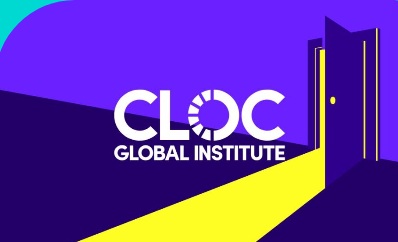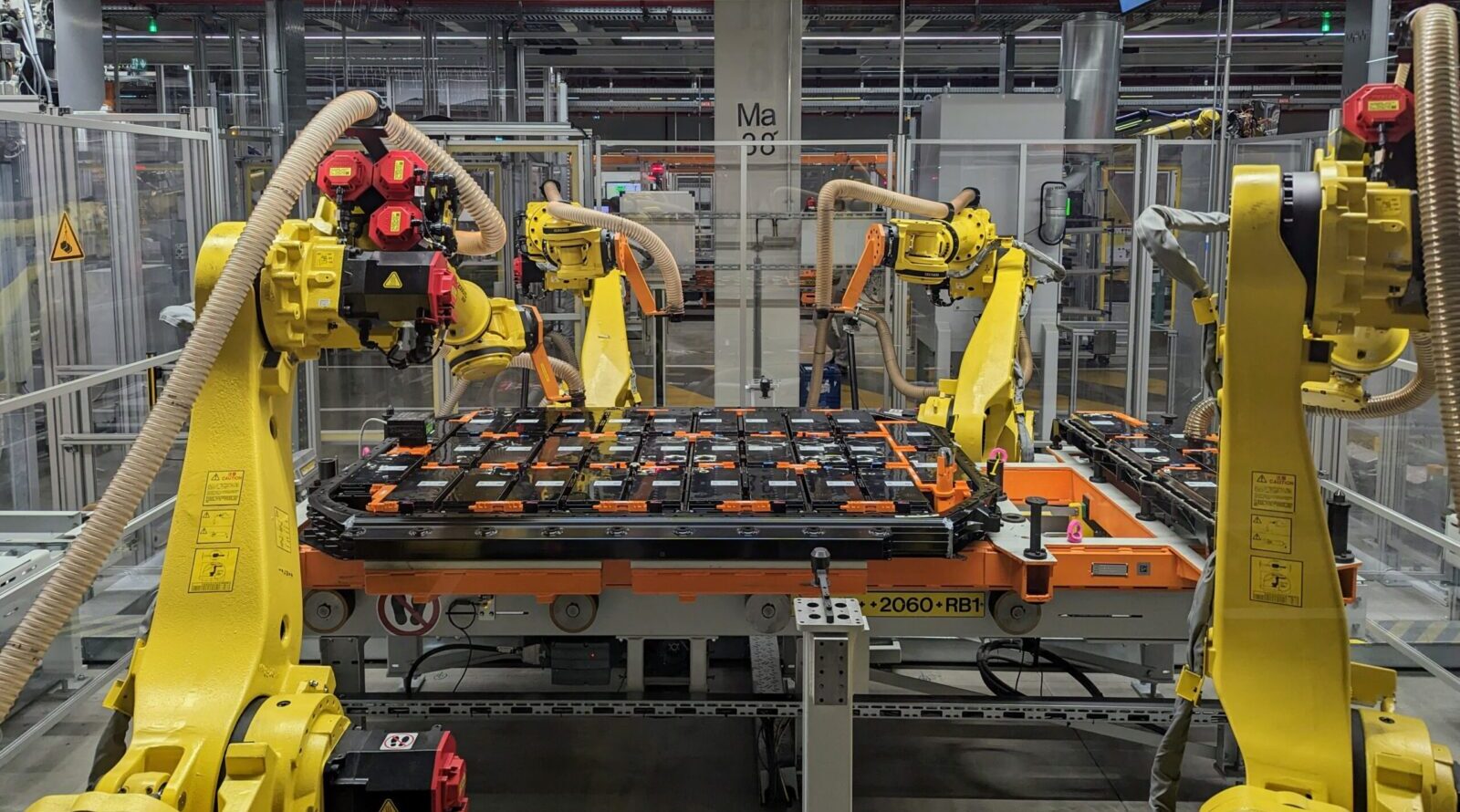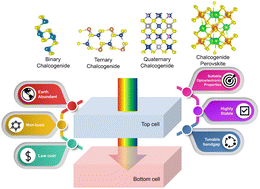The Rademaker CLOC Keynote: GenAI Is Like Teenage Sex. Wait, What?
GenAI is reshaping everything -- and it’s happening fast. The post The Rademaker CLOC Keynote: GenAI Is Like Teenage Sex. Wait, What? appeared first on Above the Law.

On May 6, the 10th annual CLOC Global Institute kicked off in Las Vegas. The opening keynote was delivered by Nancy Rademaker, a well-known international speaker who often addresses the impact of digitization on individual, customer, and employee behavior. True to form, her talk was titled The Impact of Tech Transformation: Leading Legal Organizations in the AI Era.
Rademaker’s keynote covered a lot of ground. Her keynote was a whirlwind—part visionary, a little disjointed, and sometimes provocative. At times it was hard to tell what the central focus really was. She mixed sweeping generalizations with real insights, along with frequent platitudes. But one theme was clear: GenAI is reshaping everything—business models, leadership, client service, and legal work itself.
And it’s happening fast.
The Core Message: High Tech and High Touch
According to Rademaker, the future belongs to those who embrace what she calls high tech and high touch. Technology, particularly GenAI will demand new mindsets—ones rooted in experimentation, agility, and exponential thinking. But it will also require empathy, personalization, and emotional intelligence.
The Massive Change
Rademaker emphasized that the changes brought about by GenAI are exponentially greater than any we’ve seen before. The challenge, as Rademaker put it, is that our brains are wired to think linearly—while technology evolves exponentially. As a result, most organizations plan for the future by simply projecting from the present.
That won’t cut it anymore.
Instead, she says, we need to envision where we want to be in 5–10 years and start preparing now. This can’t wait and it has to happen at all levels. Especially in legal, where so much is still financially and culturally tethered to the billable hour. The future in legal, Rademaker insists, will be tied to value, not time.
The Five I’s: How Tech Is Changing Us
Rademaker outlined five ways technology is reshaping human behavior. Rather than being static, she noted, these traits are dynamic and ever-evolving:
- Informed — We have access to more information than we can process. “Our heads are overloaded. We have too many choices.” The lesson for businesses and law firms? Sometimes offering fewer options is better.
- Individualistic — Technology has made us the center of our own universe. We expect things to be tailored to us.
- Impatient — Rademaker says our attention spans are now shorter than that of a goldfish. We want things now. We want to be able to touch and go.
- Intuitive — Our rational minds are so overloaded, we rely more and more on instinct and gut feeling.
- Influenced — We’re not shaped by corporate messaging or government campaigns. We listen to our peers.
These shifts affect how we interact with customers (read: clients) and with each other at work. They also demand new ways of delivering services, communicating internally, and setting expectations.
Rademaker emphasized that understanding these five I’s isn’t academic—it’s operational. Firms need to embed this behavioral awareness into how they design their technology, policies, and workflows.
High Tech: Agility Wins
Rademaker argued that agility will be the defining skill for organizations especially for the future—something most lawyers aren’t naturally wired for. She emphasized that we’re shifting from generative AI to what she called “agentic AI”—tools that act autonomously, adapt in real time, and orchestrate complex, multi-step tasks.
Businesses (and law firms) will also need strategies that evolve in real time. Long-term planning? Less useful. Real-time adaptability? Essential.
Traditional strategic planning cycles—three- or five-year plans—start to break down in an environment where tech is evolving monthly. Rademaker encouraged shifting from “planning” to “positioning”: always being ready to pivot with what’s emerging.
Winning organizations will be tech-first. Early adopters. Experimenters. They’ll ask tough questions now about how tomorrow’s technology will change branding, workplace culture, and service delivery. They’ll plan for multimodal tools and AI agents that don’t just suggest what to do—they do it.
For legal, this means things like smart contracts that negotiate and monitor themselves. It means a radical reshaping of services. New business models. A shift in leadership expectations. A new definition of what makes a “good lawyer”—and a plan for how those skills get developed. As I have written before, we need to rethink what it means to be effective in the legal profession and how we train for it.
High Touch: People Still Matter
But Rademaker made it clear: high tech alone isn’t enough. Without high touch, organizations will fail to deliver.
For lawyers, that means thinking first about client needs—not the services we provide and the manner we do the work. It means using GenAI to personalize legal work rather than rely on one-size-fits-all concepts. (Being a “full service law firm” may not carry the panache it has in the past).
Because people are impatient, we must offer frictionless access to our services. Because they’re informed, we must be transparent about what we can deliver. And yes, that includes giving real cost estimates—something clients consistently say lawyers can’t or won’t do.
It also means evoking empathy and building trust. Rademaker reminded us that technology can assist, but not replace, the emotional intelligence clients expect in sensitive matters.
And we need to appreciate clients are increasingly influenced not by us, but by what their peers say about us.
What This Means for Workplace Culture
The client experience is shaped by workplace culture. Rademaker emphasized this point repeatedly.
We need to define purpose for our people in our organizations and firms—why we do what we do. Shared purpose is what drives resilience and adaptability. Rademakers says we need to ditch rigid hierarchies in favor of responsive, networked teams. As I have written before, we need to rethink performance metrics and reskill our workforces with capabilities that match the moment—not outdated skills. This requires letting go of institutional loyalty to legacy skills.
Feedback and trust are now the currency of a motivated workforce. Rademaker emphasized that employees need psychological safety to speak up and take risks—especially when adopting new technologies.
Recognition, transparency, and authentic communication are no longer “soft skills”; they’re survival tools.
The Takeaways
Rademaker circled back to where she began: GenAI adoption is no longer optional. It’s a competitive imperative. The tomorrow’s winners will be AI-first organizations—those with imagination, tech fluency, and a willingness to rethink sacred cows.
That means we may have to relearn a lot in the months and years ahead.
Oh, and how is GenAI like teenage sex?
Because, as Rademaker put it: a lot of businesses (and lawyers) don’t really know what it is, but they all talk about it and say they’re doing it… even when they aren’t.
That’s no longer a recipe for success.
Stephen Embry is a lawyer, speaker, blogger and writer. He publishes TechLaw Crossroads, a blog devoted to the examination of the tension between technology, the law, and the practice of law.
The post The Rademaker CLOC Keynote: GenAI Is Like Teenage Sex. Wait, What? appeared first on Above the Law.























































































































































